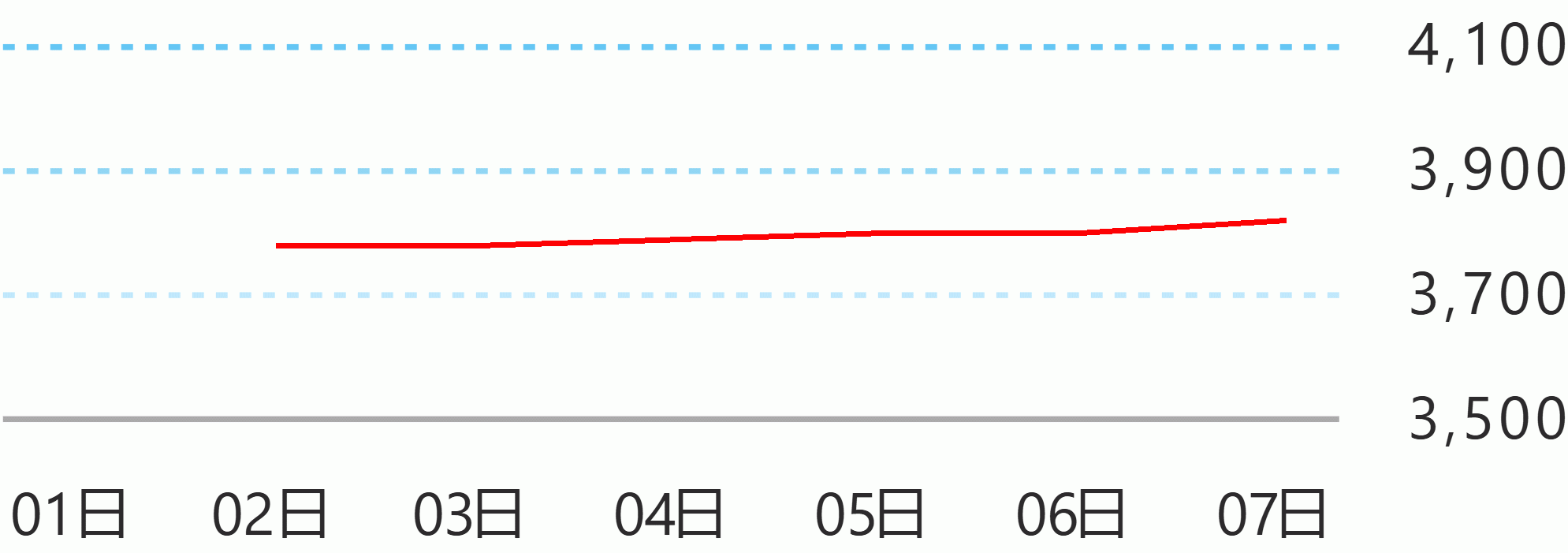Transportation Secretary Art Tugade has assured that the much-awaited LRT-1 Cavite Extension project will continue to take shape and will be finally realized under the administration of President Rodrigo Duterte, as the Department of Transportation (DOTr) and its development partners remain committed to pursue the completion of the project’s key components.
Among the latest developments in the LRT-1 Cavite Extension project is the completion of civil works for the expanded Baclaran Depot, which was inaugurated February 23.
The expansion of the Baclaran Depot was funded through the Official Development Assistance (ODA) from the Japan International Cooperation Agency (JICA) with Shimizu as the project contractor.
“Today, we are adding another item to the long list of achievements of Japan-Philippine cooperation. The completion of the LRT-1 Baclaran expansion depot is indeed worthy of celebration. We successfully delivered on our commitment even in the midst of this pandemic,” Japan Ambassador to the Philippines Kazuhiko Koshikawa said.
"JICA, as your development partner, has remained steadfast with its mission and vision for the development of the Philippines. Our key direction to achieve high-quality growth for the Philippines by decongesting Metro Manila shall continue to be enforced for the country's Build, Build, Build program," JICA Senior Representative Kenji Kuronuma, for his part, said.
Moreover, an additional satellite depot, also funded by JICA ODA, is also nearing completion.
To date, the civil works of the New Zapote Satellite Depot for the LRT-1 Cavite Extension project is 93.36 percent complete. The satellite depot covers 4.3 hectares with a capacity of handling 80 LRVs and featuring a total of 22 stabling and maintenance tracks.
Tugade led the inauguration and inspection of the expanded depot, which added 4.2 hectares to the existing 6.4-hectare Baclaran Depot, allowing for the handling of additional trains and the extension of rail tracks.
With the expansion of the Baclaran Depot, twenty one stabling and maintenance tracks will be added to the existing 45, increasing the depot's stabling capacity from 130 to 182 Light Rail Vehicles (LRVs) and increasing its heavy and light maintenance capacity from 30 to 48 LRVs.
In his message, Tugade said the completion of civil works for the expanded Baclaran Depot forms part of the vital milestones that the LRT-1 Cavite Extension has so far reached towards its realization.
The transportation chief identified three milestones that were achieved recently: The start of the arrival of new fourth-generation LRVs in early 2021; erection of the last span of vertical structure for the project’s first phase, which was completed last February 7; and the completion of civil works for LRT-1 Cavite Extension’s Baclaran Depot.
During the event, Tugade also announced that the new LRVs or trains will be used in the second quarter of 2022 on the LRT-1’s existing line (Baclaran-Roosevelt). The deployment of the LRVs will be done in phases.
"On the first milestone, there is the equipment. On the second milestone, there is the structure, wherewith and whereupon the trains are traveled. Today, milestone number 3: we have this depot, which will also be extended in due time to cover Sucat. It shows that while we have the facility of travel, and the structures of travel, we also have the facility of putting in place where the trains will park, where the trains will be maintained, and where the trains will be assured of being operational," Tugade said.
"With these three milestones, listen to me mga kababayan, ang ibig lang 'hong sabihin niyan, 'yung proyektong pinakaaantay-antay at sinimulan noong year 2000 ay naandito na – totoong matatapos, totoong mabubuo sa panahon ng administrasyong Duterte," Tugade expressed.
Once fully operational, the LRT-1 Cavite Extension will increase the rail line’s capacity from 500,000 to 800,000 passengers per day and significantly cut travel time between Baclaran, Parañaque to Bacoor, Cavite from the present 1 hour and 10 minutes down to just 25 minutes. DOTr




 English
English









